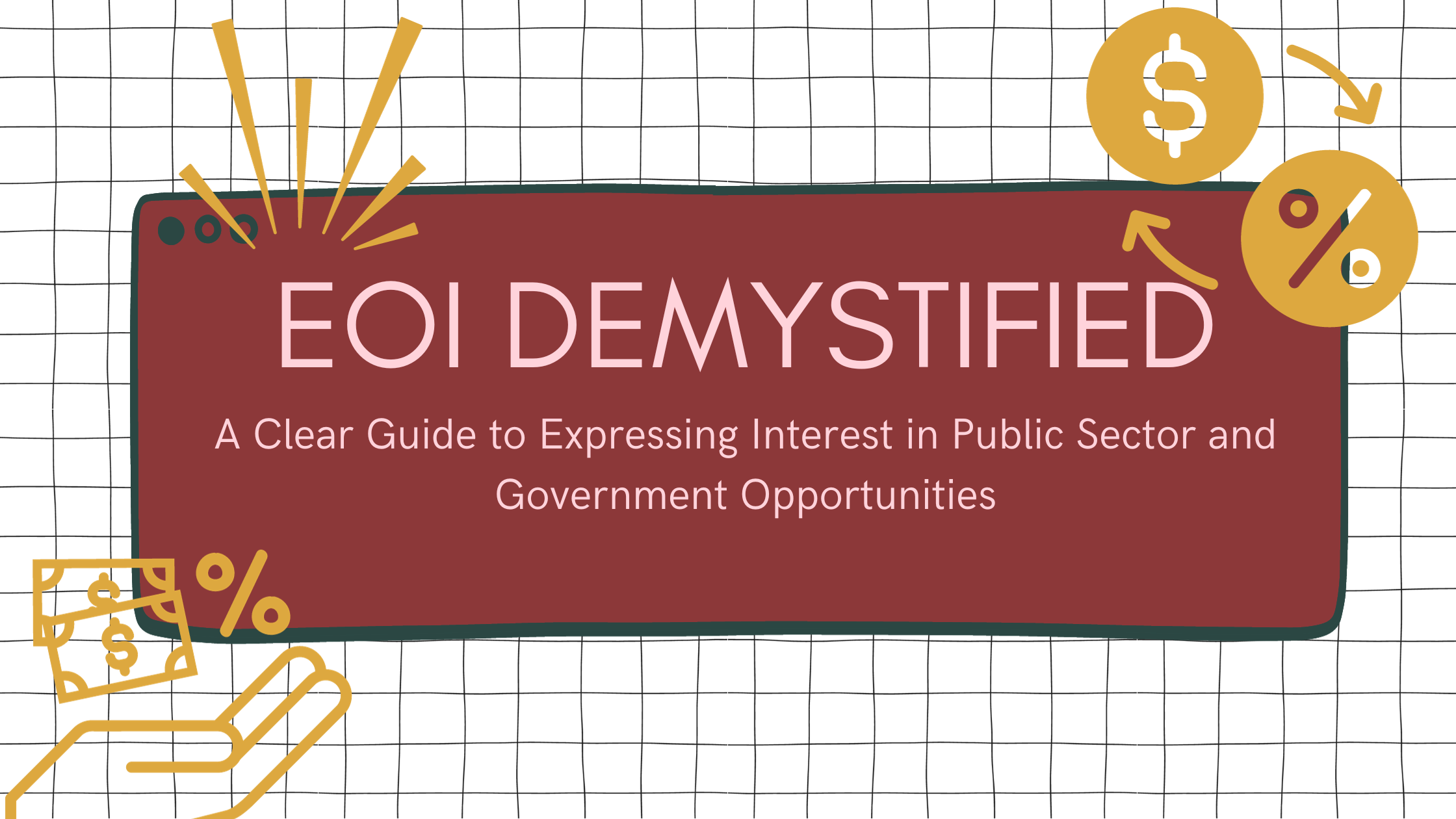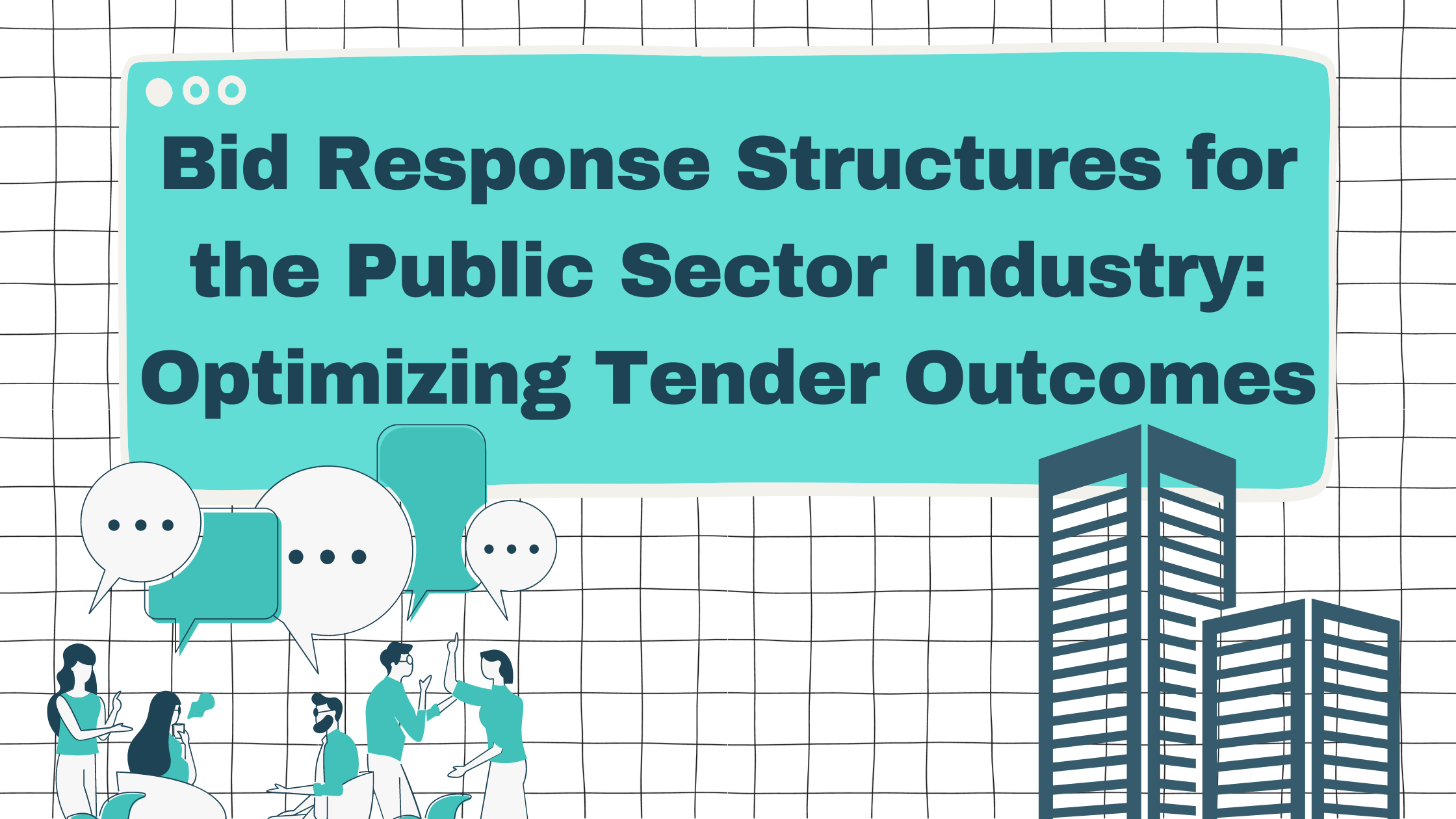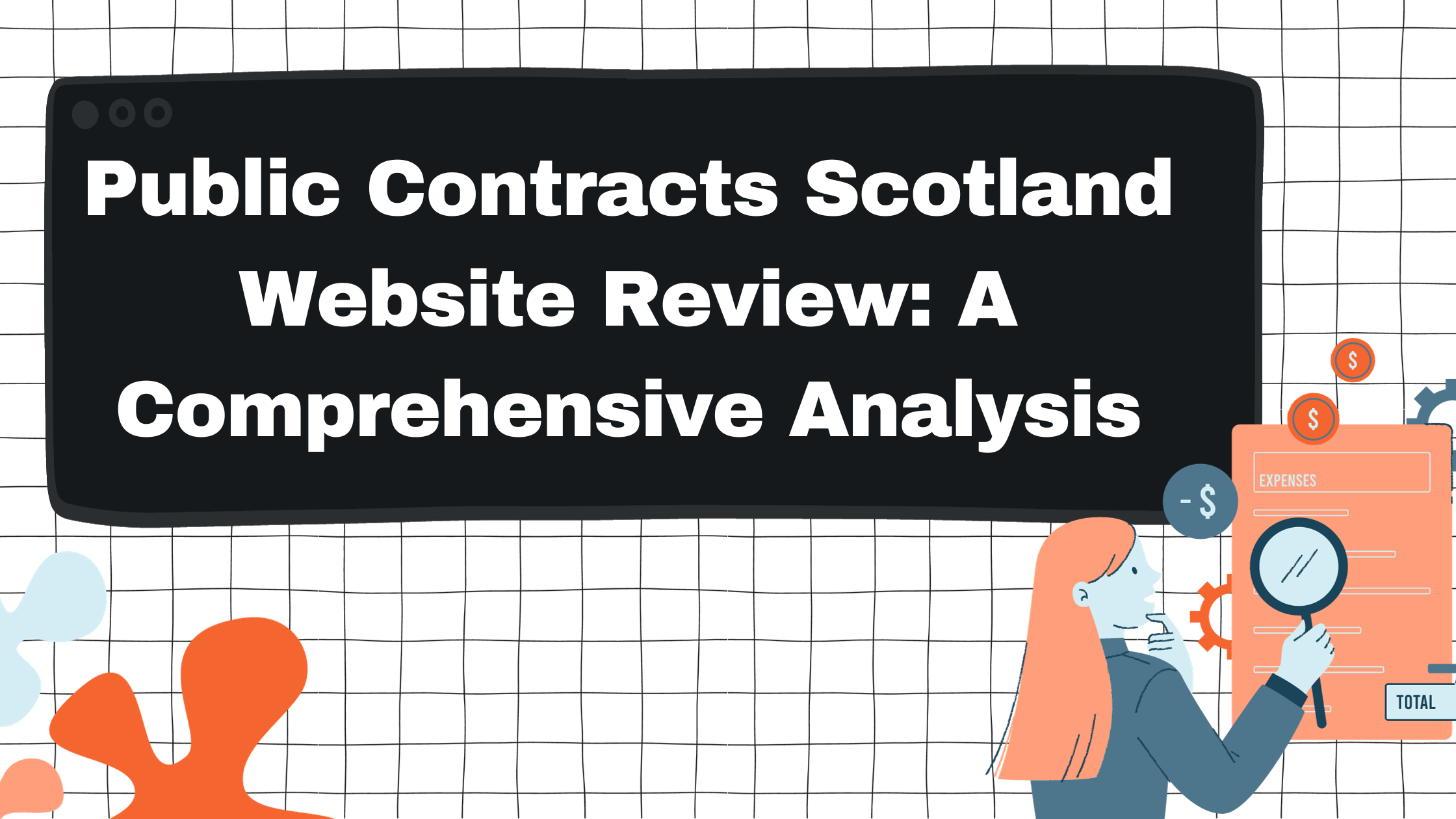RFP and Proposal Writing Services: Mastering the Art of Winning Bids

Need Help with Your Bid?
Get in touch by filling out the form and one of our advisors will be in contact.
Contact UsBid Writing Resources: Essential Tools for Winning Proposals
Bid writing is an essential skill for businesses and individuals aiming to secure contracts and work through competitive tender processes. It involves the careful construction of persuasive and comprehensive proposals that demonstrate why your offer is the best choice for the potential client. To improve chances of success, one must recognize the complexities inherent in the bid writing process, which includes understanding the client’s requirements, and tailoring the proposal to fit their specific needs and criteria.

Securing contracts through bids can be highly competitive, making it crucial for the writing to be clear, well-structured, and impactful. The strategic approach to bid writing not only involves the preparation and submission of tenders but also extends to meticulous planning and follow-up post-submission. This ensures that your proposal stands out and that you maintain a relationship with the potential client, regardless of the outcome. Having a robust set of bid writing resources can greatly enhance the effectiveness of your submissions.
Key Takeaways
- Bids must be clear and tailored to the client's specific needs.
- A strategic approach to bid writing enhances the impact of the submission.
- Post-submission relationship building is essential for ongoing success.
Understanding the Bid Writing Landscape

In approaching the intricate world of bid writing, one must recognize its dual nature: both an art that requires creativity and a science that demands meticulous attention to detail.
The Essentials of Bid Writing
Bid writing is a critical process where businesses formulate and submit proposals to win contracts. It involves articulating a company's value proposition, aligning it with the client's needs, and presenting a persuasive case as to why their offering is the best fit. Essential bid writing skills include clear articulation of goals, understanding of the client's requirements, and the ability to highlight the unique benefits and capabilities of the bidding company. Bid writing resources like The BidBase offer insights into tailoring proposals that resonate with potential clients.
Key Components of a Winning Bid
A winning bid does not occur by chance; it's the result of understanding and assembling key components that demonstrate competence and value. These components typically include:
- Executive Summary: An impactful introduction that encapsulates the proposal's strengths.
- Solution Overview: A clear description of the services or products offered and how they address the client's problems.
- Methodology: An explanation of how services or products will be delivered efficiently and effectively.
- Qualifications: A showcase of the team's expertise and past successes relevant to the bid.
- Pricing Strategy: A competitive and transparent pricing model tailored to the client's budget and the value proposition of the bid.
- Risk Assessment: An analysis of potential risks and the strategies in place to mitigate them.
Firms like Thornton & Lowe emphasize the importance of real-world experience and training in developing these components into a cohesive and strong proposal.
The Pre-Bid Stage
The beginning of a successful tender process necessitates thorough preparation and a clear understanding of pre-qualification questionnaires (PQQs). These initial steps set the foundation for an eligible and compelling bid.
Preparation and Research
Before stepping into the tender process, companies must engage in comprehensive preparation and research. They should start by identifying their unique selling propositions and understanding what makes their offer stand out from the competition. This stage often includes a deep dive into the client's requirements, market analysis, and assembling a team with the right expertise. Firms can refer to resources like The Art of Pre-Bid Preparation to help delineate their competitive edge and increase their team's confidence for client interactions.
Understanding PQQs
Understanding and accurately responding to the Pre-Qualification Questionnaire (PQQ) is crucial as it determines a company's eligibility to bid. PQQs are designed to screen potential suppliers before inviting them to submit a full bid. A thorough review of the procurement legislation is essential to ensure compliance with all the requirements. These questionnaires focus on a company's financial status, capability, experience, and legal standing. An understanding of PQQs can be garnered from detailed guides like those provided by Tender Consultants which detail the stages of the tendering process, starting from the pre-qualification.
Tender Submission Strategies
Successful tender submissions require strategic planning and an in-depth understanding of the bid process. Companies must tailor their approaches to meet the complex needs of each tender opportunity, often in highly competitive environments.
Responding to ITTs and RFPs
When a company responds to an Invitation to Tender (ITT) or a Request for Proposal (RFP), it is crucial to meticulously address all requirements outlined. It begins with a careful review of the tender documents to ensure the company's proposal clearly articulates how it can meet the client's needs. Utilizing a checklist can help bidders ensure that no aspect of the tender is overlooked. Additionally, A Successful Tender Submission - 2021 Guide suggests that understanding the target client and their requirements leads to a submission that stands out by demonstrating insight and added value.
Effective Bid Management
Effective bid management hinges on developing a cohesive strategy that leverages organizational strengths and showcases expertise. Core to this strategy is assembling a dedicated bid management team with the skills and knowledge to navigate the complexities of the bidding process. Companies often rely on bid management strategies to detail experience and skills through proper documentation. Resources like How To Improve Your Bid Management Strategy advise on the importance of corporate literature such as policies, case studies, CVs, licenses, and accreditations to provide evidence of the company's capability to fulfill the contract. For public sector contracts, such detailed and prepared submissions are often critical for winning bids.
Enhancing Your Bid's Impact
The right approach to enhancing a bid's impact revolves around demonstrating proven success and strategically showcasing additional benefits. This can significantly elevate the perceived value of a tender submission.
Leveraging Testimonials and Track Records
Presenting testimonials from satisfied clients builds credibility and trust in a bid. They act as direct endorsements of a company's capabilities and work quality. Alongside these, a clearly outlined track record of relevant past projects aligns a company's experience with the potential client's needs, showing a history of delivering successful tenders.
- References: Include concise quotes and attributed feedback.
- Case Studies: Summarize previous projects that relate to the tender in question, detailing outcomes and benefits realized by past clients.
Adding Value to Your Tender
The concept of added value goes beyond the basic requirements of a tender. It involves proposing additional benefits that the company can provide, distinguishing the bid from competitors.
- Innovative Solutions: Propose modern and efficient techniques or technologies that could be implemented.
- Cost Savings: Offer a detailed explanation of how the approach might save money or time in the long run.
By focusing on these core areas, one can significantly enhance the substance and appeal of their tender, increasing the likelihood of it being a winning tender.
Post-Submission and Follow-Up
Once a proposal has been submitted, the follow-up process is critical to ensure that the bid management team effectively meets deadlines and incorporates feedback for continuous improvement.
Dealing with Deadlines and Selection
Successful bid management necessitates a methodical approach to dealing with post-submission deadlines and selection processes. It is vital that a management team monitor the status of the bid and remain in contact with the procurement authority to confirm receipt of the proposal. They should also closely watch for any further instructions or clarifications required by the selection committee. Should a deadline for these items pass without action, the proposal may be jeopardized.
Feedback and Continuous Improvement
Securing constructive feedback from the buyer, whether the tender is successful or not, enables the bidding team to refine their approach for future bids. A comprehensive review of the received feedback should highlight areas for improvement and reveal insights about the procurement body’s priorities and evaluation criteria. As Executive Compass notes, implementing lessons learned from feedback is a cornerstone for continuous improvement in tender and bid management practices.
Frequently Asked Questions

This section addresses common queries regarding the fundamentals and advancement in bid writing, equipping beginners with insights into courses, experience-building, necessary skills, compensation, bid crafting tips, and tender submission formats.
What are some recommended bid writing courses available for beginners?
Beginners can enhance their bid writing skills through various online courses and webinars. Practical, beginner-friendly courses often cover the basics of the procurement process and effective tender responses.
How can one gain experience in bid writing?
Gaining experience in bid writing typically involves volunteering for bid projects, seeking internships or entry-level positions within procurement teams, and actively participating in bid and tender development processes.
Which skills are essential for effective bid writing?
Essential skills for bid writing include strong research capabilities, attention to detail, persuasive writing, and the ability to understand and respond to complex tender requirements.
What is the typical compensation for a professional bid writer?
Compensation for a professional bid writer can vary widely depending on their experience, industry, and the complexity of the tenders they work with. Many bid writers are often compensated through salaries or project-based fees.
Can you provide tips for writing a compelling bid for a tender?
When writing a bid for a tender, it's crucial to clearly address all requirements, provide evidence of capability, and articulate value proposition. One should also review successful bid writings to understand what makes a winning submission.
What is the standard format for writing a tender submission?
The standard format for a tender submission typically includes an executive summary, organizational background, detailed response to specifications, pricing, and supporting documents. It's important to follow the format prescribed in the tender documentation.
Ready to start your search?
Get in touch by filling out the form to the right and one of our advisors will curate a personalised selection for you.
Get in touchBlogs. Guides. Helpful advice.

Mastering Proposal and RFP Writing for Government and Public Sector Opportunities

Proposal and RFP Writing Services: Enhancing Public Sector Tender Outcomes

.svg)